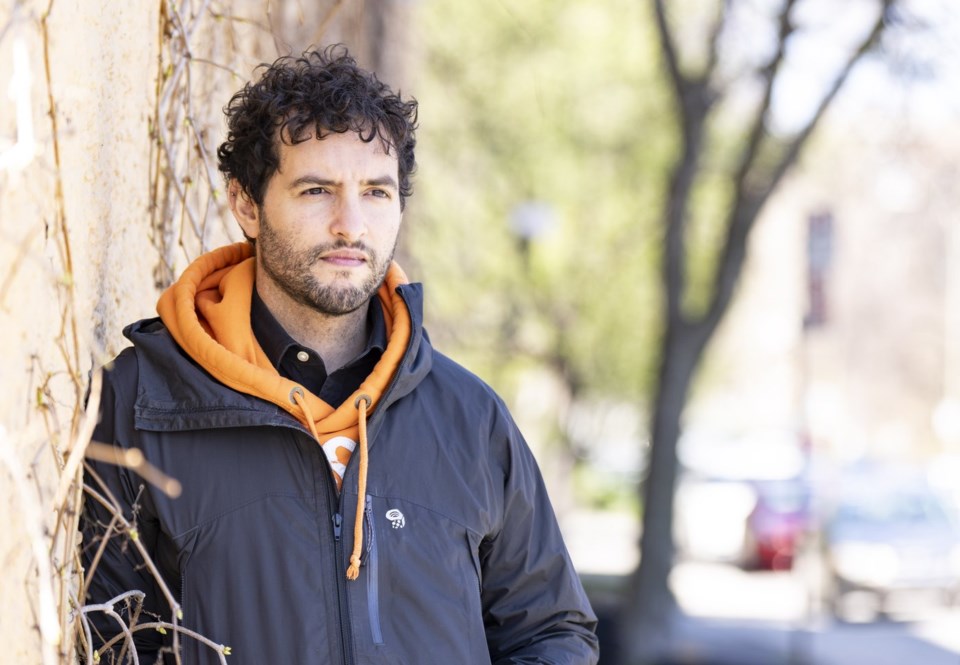MONTREAL — Academics at McGill University in Montreal are providing the U.S. scientific community a platform to protect climate research under attack.
Six months ago, researchers at McGill University's Desautels Faculty of Management launched the Sustainability Academic Network -- SUSANHub.com -- a database that centralizes climate research and data.
"We initially created this platform to connect researchers and professionals in sustainable development and climate change," said Juan Serpa, a professor at the Desautels Faculty of Management, describing the platform as a kind of "LinkedIn" for the field.
But at a time when the administration of United States President Donald Trump is firing climate researchers, banning certain words from scientific articles, cutting funding for environmental research, threatening to withdraw financial support from universities, and deleting scientific reports from government websites, the McGill platform has taken on a different significance.
"The goal is to protect scientific data against threats from the U.S. government," Serpa said.
The platform has been logging 39,000 weekly visits from academics and researchers. Scientific data that is on the chopping block south of the border is downloaded and uploaded to the platform.
Scientific data on wildfires, protecting forests from insects and diseases, the impact of climate change on agriculture, flood risks, ocean plastic pollution, and the industries that emit the most greenhouse gases are just a few examples of data that can be accessed on SUSANHub.com and that would otherwise be at risk of being lost.
"We want to be proactive, not reactive, because once data disappears, there's nothing we can do," Serpa said.
The thousands of data sets his team has saved are freely accessible and categorized according to 65 themes related to sustainable development. The platform also provides access to a directory of 60,000 researchers and 25,000 research institutes.
"It's an international network, but mainly American researchers," Serpa said, adding he is very worried for colleagues in the United States.
"I feel compassion and empathy for all these researchers," he said. "It is a very difficult time for them, many people are afraid right now."
Serpa fears he will no longer be able to travel to the United States because of his involvement in the SUSANHub.com platform.
Since the beginning of Trump's second term in office, U.S. federal agencies have removed information on climate change from more than 200 government websites, according to the Environmental Data and Governance Initiative, a network that seeks to save scientific research.
The Trump administration also laid off thousands of employees at the U.S. Forest Service and hundreds of workers at the National Oceanic and Atmospheric Administration (NOAA), an agency that studies climate change.
Last week, the Trump administration fired hundreds of researchers working on the Sixth National Climate Assessment, a major report on climate change published every five years.
Layoffs, budget cuts, funding cuts, and what many researchers describe as censorship have given rise to the "Stand Up for Science" movement in the United States.
Abroad, Trump's revolt against science is also galvanizing initiatives that would have been considered improbable just a few years ago.
In France, for instance, former president-turned-parliamentarian François Hollande introduced a bill on April 14 to create a "scientific refugee" status to make it easier for France to welcome scientists threatened by the American president's policies.
"Researchers, forced into exile by the Trump administration, must be recognized as full-fledged refugees," wrote the former French president in an op-ed in the newspaper Libération, a few days before introducing his bill.
This report by The Canadian Press was first published May 4, 2025.
Stéphane Blais, The Canadian Press



